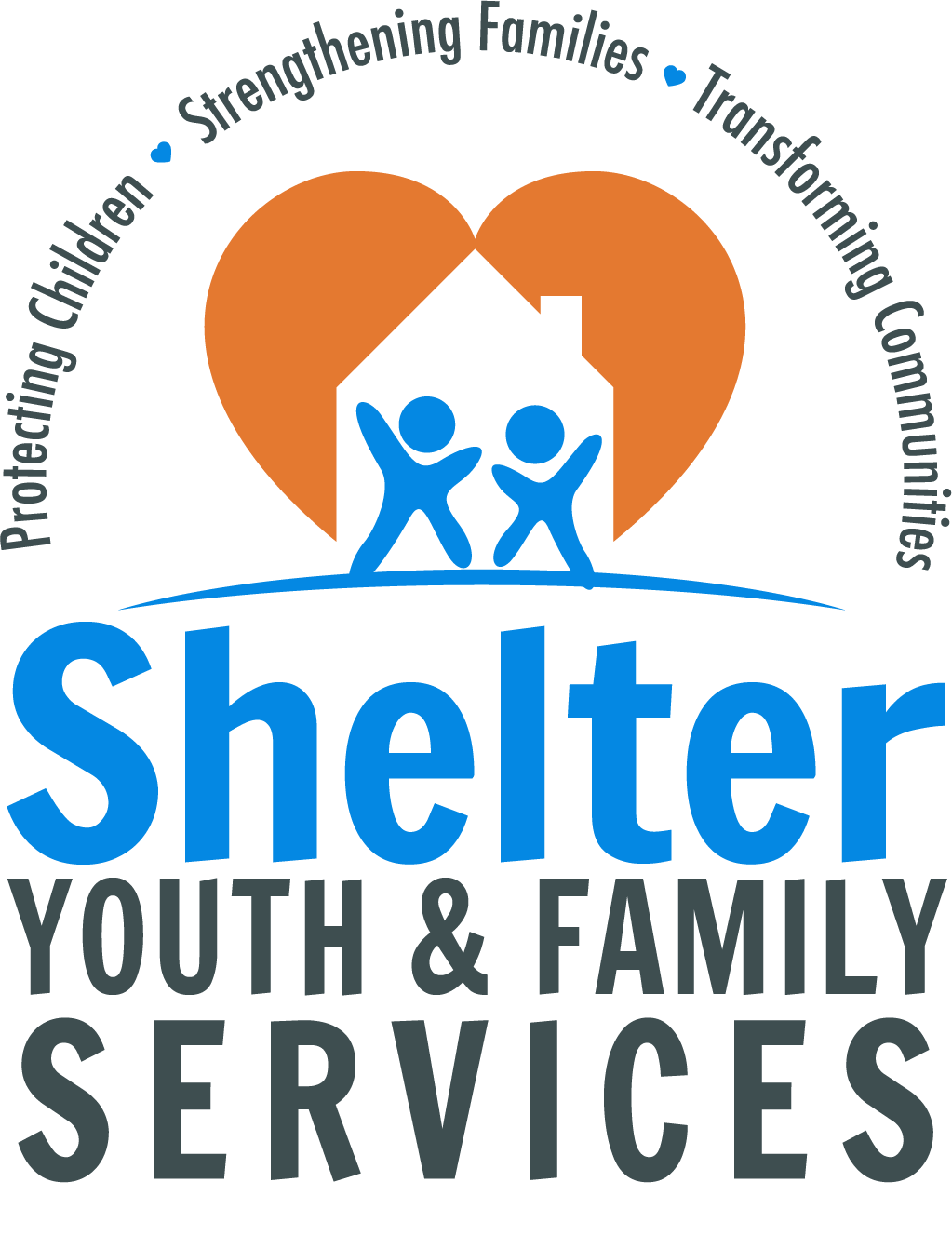It’s that time of year when even if the weather is warm, there is a shift in the energy as families prepare for the transition from summer to back-to-school. For some, this may be a time of excitement and intrigue. For others, it may be a time that brings a bit more anxious mood. Academic pressure, social expectations and different environments can trigger a rise in anxiety. Schools are more aware than ever of mental health needs for students, yet there are still things you can do at home to support a strong start to the school year for you and your child’s mental health.
Get Back to the Basics
Sleep, nourishing meals, and exercise are all important in supporting strong mental health. Sleep offers the body and brain a chance to reset, supporting cognitive and physical functioning. Balanced meals prioritize whole foods without significant refined sugar or trans fats, and emphasize whole foods, such as fruits vegetables, lean protein, heart-healthy fats, and whole grains. Exercise promotes strong muscles and bones and can even support relaxation and a healthy mood. Regardless of what basics you choose to focus on in your home, working toward a balance is the goal.
Recognize the Bigger Picture
Childhood and adolescence are critical times in development, with each experience offering opportunities to build skills and master stages. Elementary youth are learning self-sufficiency, learning to take initiative, as well as building both confidence and social competence. Adolescence turns to the focus of developing one’s identity, autonomy, and peer relationships, moving towards greater independence. The habits taught at home and school are building blocks to help master these developmental tasks as children get older. Experiences, both positive and more difficult ones, offer children and adolescents opportunities to grow and develop the skills and tasks necessary to become successful adults. Sometimes, it is the challenging experiences that result in the most growth. Hardship is not always something we want to shy away from, but instead take the time to identify and develop skills to navigate these challenges.
Be Proactive and Preventative
Before school starts is an ideal time to prepare for a successful year. Anxious personalities can benefit from a few extra supports. If you’re child is expressing anxiety about returning to school, below are a few tips to help:
- Take a few trips to the school before summer ends. Play at the playground or drive by the school on your way to the store, helping to desensitize any anxiety response to seeing the school itself.
- Look up your child’s teacher in a previous yearbook or on the school’s online directory, putting a name with a face can be helpful if the teacher is not familiar to the child.
- Plan for the first day, prepare clothes, lunch or snack, and if possible, review the schedule for the day, including getting to school and getting home.
- Establish a back-to-school routine, often earlier bedtimes and earlier mornings, as well as more consistent mealtimes and activities.
- Ensure down time is available to debrief and process the day, especially as schedules fill with after-school activities.
If your child is one that can’t wait to get back into the school building, consider reaching out to any families you know that may have more anxious children. Sometimes it is an excellent chance to be a role model and leader for those that are struggling.
Connection is Key
Regardless of any transition, connection with others is a significant protective factor to resilience and overall good mental health. Many schools offer clubs or other after-school activities to engage students outside of school hours. Additionally, local organizations, such as the library, park district or other community agencies, offer opportunities for young people to get together to discover a new interest, develop a hobby, or even advocate for a cause. Getting involved in the community and connecting with others on a level other than in class offers numerous opportunities for positive experiences to support the foundation of a healthy childhood and adolescence beyond the walls of the classroom.
Shelter, Inc. supports the mental health of the young people and families in our care. Click here to learn more about our Clinical Program.


